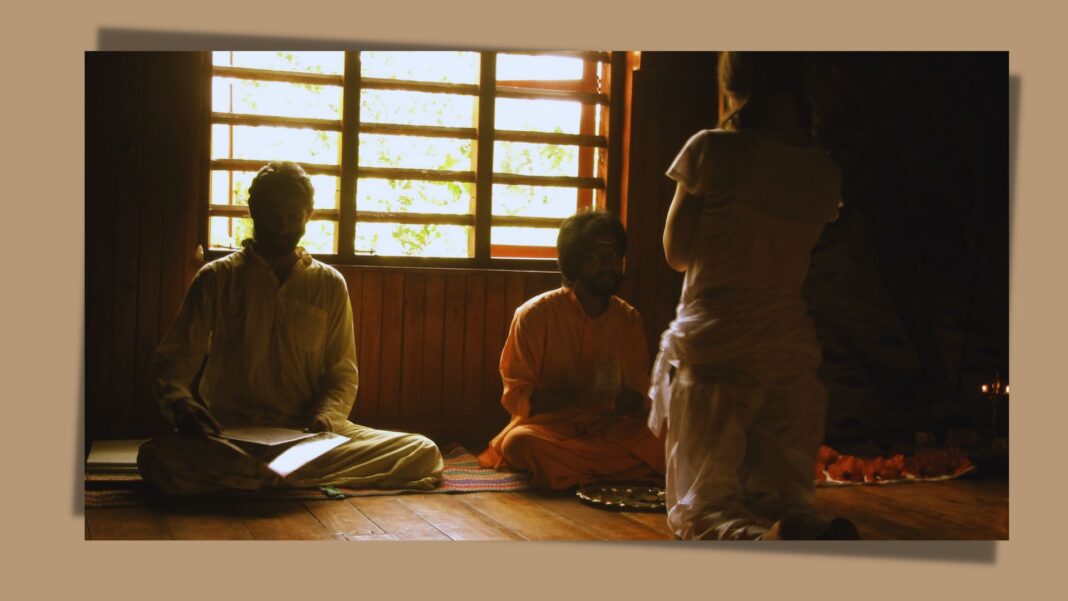Ayurveda taught humans thousands of years before modern medicine that everything in nature is interconnected and interdependent, and that human beings, blessed with a sound body, mind, and spirit, are inseparable from the natural world, an integral part of the living, intelligent, and self-regulating entirety.
According to Ayurveda, the best approach to achieve alignment or “balance” between the mind and soul is to go inward. According to Ayurveda, the natural law is to reflect and connect with one’s Self. It is the route of introspection that is frequently disregarded.
What is stress?
Stress, according to the definition, is a state of emotional or physical tension. While it may begin lightly, if it is worsened, it can develop to a variety of mental health issues. Typically, stress arises as a result of conditions that lead you to be annoyed, concerned, or furious. Simply said, stress is our body’s reaction to difficult or challenging events. While it is best to avoid stressful situations, brief bouts of tension can help us focus and achieve deadlines in minor crises.
Causes of stress
- Feeling a lot of pressure
- Face significant life changes
- You have little or no influence over the outcome of a situation.
- given responsibilities that you find overwhelming
- Lack of jobs, activity, or change in your life
- faced discrimination, hatred, or abuse
Ayurveda for Stress and Anxiety
According to Ayurveda, three energy or doshas influence stress levels in our bodies: Vata, Pitta, and Kapha. The amount of positive and negative stress in a person’s body is mostly determined by these three energy levels (doshas).
According to Ayurveda, the majority of people have a bi-doshic constitution (Vata-Pitta, Pitta-Kapha, Vata-Kapha) in their bodies. These doshas can have an impact on their general mental health. Let’s take a look at these doshas and how they affect our mental health:
Vata dosha: This dosha allows us to think quickly, unleashes our creativity and originality, and can improve our intuitive power. People with a prominent Vata dosha may encounter stressful events in their lives. When dosha levels rise, one may experience fear, anxiety, insomnia, loneliness, and other symptoms.
Pitta dosha: Pitta dosha promotes determination, intelligence, competition, and self-assurance. Individuals may become more furious, impatient, frustrated, or incompetent as their dosha levels rise. Sweating, heartburn, diarrhoea, and hypertension can also increase Pitta dosha levels.
Kapha dosha: Kapha energy is connected with strength, steadiness, and dependability. People with a dominant Kapha tend to resist change and be tenacious in normally unpleasant situations. This may result in excessive levels of stress. Stress might manifest as comfort eating, lack of motivation, weariness, lethargy, and other symptoms in those with a prominent Kapha dosha.
Ayurvedic treatment packages in Kerala focus on the overall health of the body, including skin, hair, eyes, hands, and nails. To be effective, an ayurveda beauty therapy must balance the three doshas (Vata, Pitta, and Kapha), the three governing energies of the body. Changes to your lifestyle, nutrition, stress level, and exercise programme will be required to support excellent skin.
Ayurvedic treatments for stress
According to Ayurveda, stress on the body and mind is the root cause of all problems in our lives, including physical, mental, social, family, interpersonal, economic, and spiritual issues.
We can’t enjoy all the nice things in life until we have Shanti (Peace of Mind). It makes no difference how healthy our bodies are, or how many assets, friends, family, pleasures, name, and celebrity we have. Do we truly value and enjoy what we have? If not, what is the point of attempting to accumulate more? Yoga and Ayurveda taught at AyurYoga Eco-Ashram serve a single purpose: to teach individuals to appreciate and respect their own body-mind and what they already have in this life, rather than worrying about what they don’t.
Ayurvedic medicine for anxiety takes many forms – including meditation, yoga, diet plans, and lifestyle and mindset shifts. Many herbs also have properties that naturally soothe the mind. Ashwagandha, Brahmi, Bhringaraj, and Jatamasi are a few of the most common herbal remedies for anxiety.
Most common treatments are :
- Njavarkizhi (Stress alleviation with full-body massage with medicinal rice gruel enclosed in a bag)
- Thalam (Nervous relaxation with herbal decoctions applied to the crown of the head)
- Pizhichil (Muscular toning with oil bath)
- Shirodhara (Nervous destressing with a rhythmic drip of medicinal oil over the forehead)
- Elakizhi (Therapeutic rubbing with warm pouches containing herbs)



